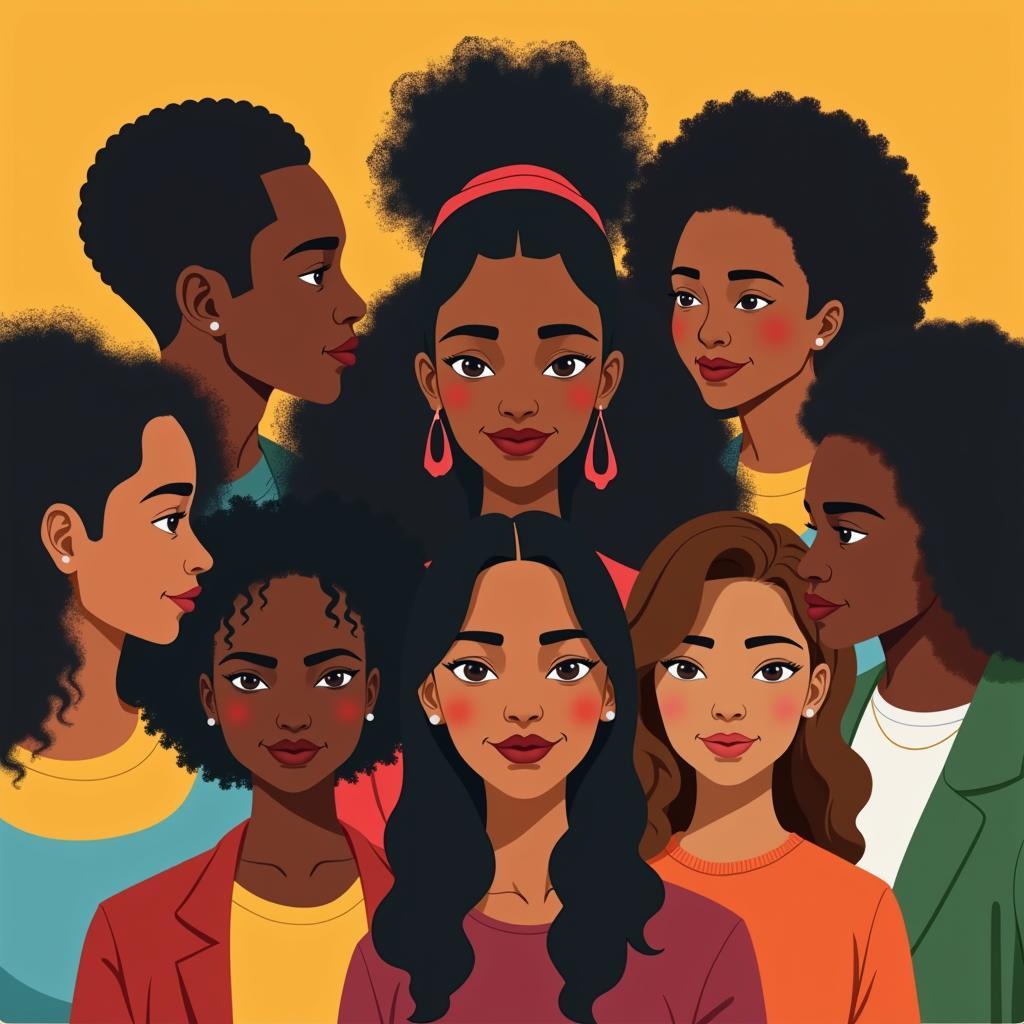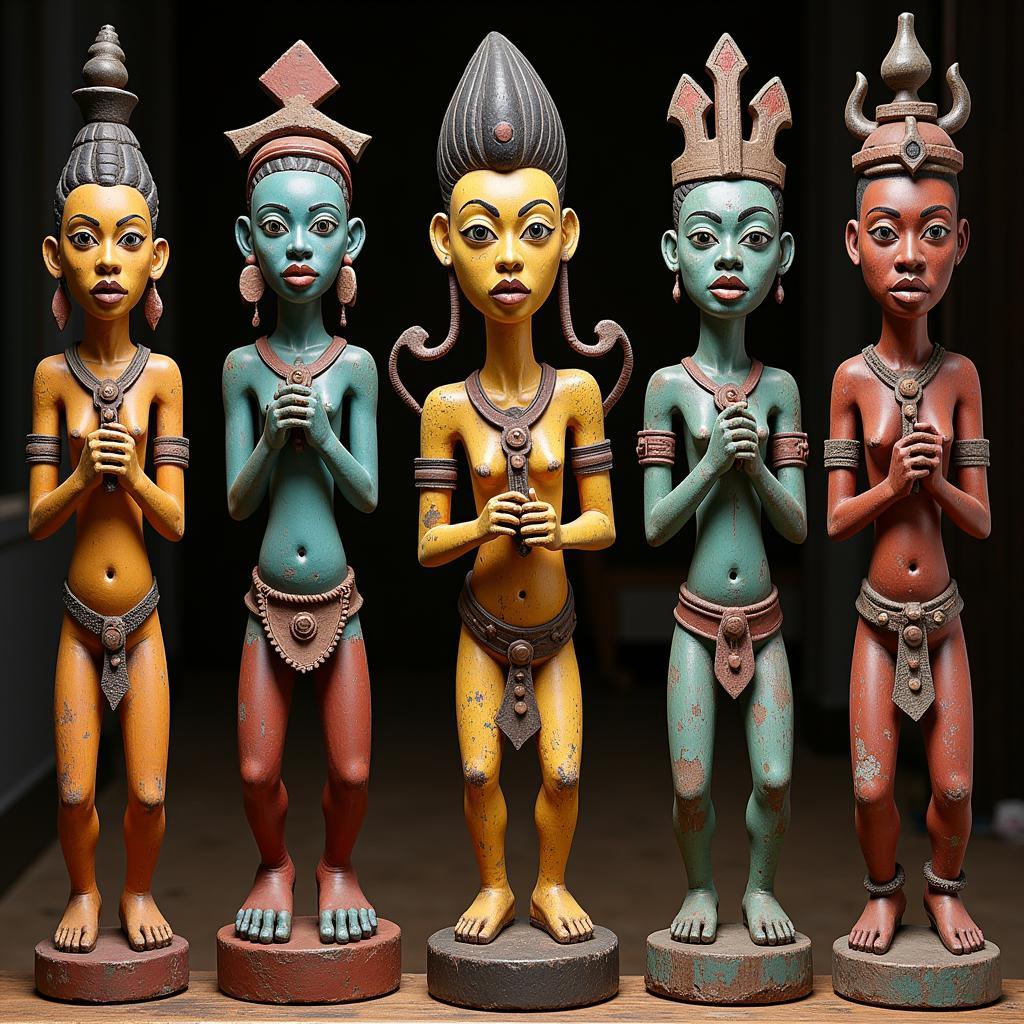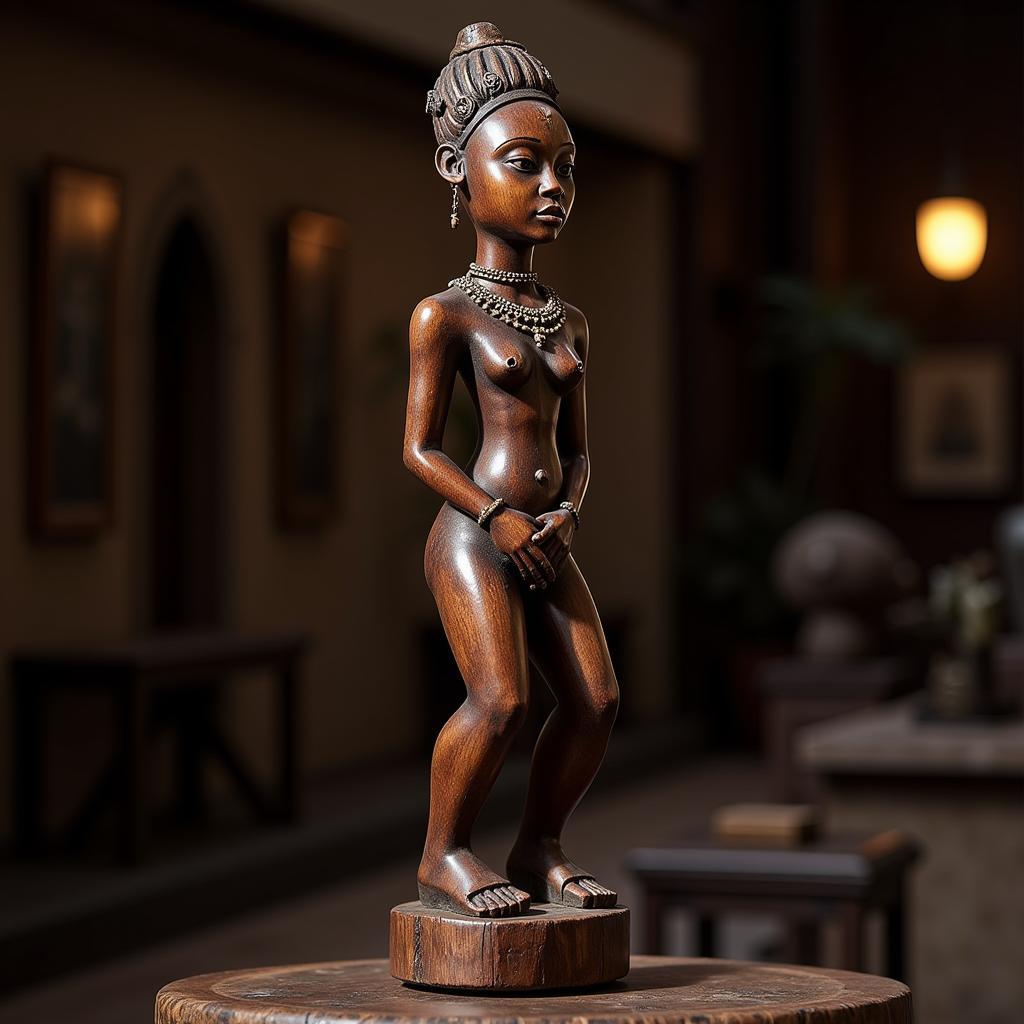Understanding the African American Experience
The term “African American” encompasses a rich tapestry of history, culture, and identity. This article delves into the multifaceted aspects of the African American experience, exploring its historical roots, cultural contributions, and ongoing challenges. We’ll examine the evolution of the term, its significance, and its impact on shaping American society.
A Journey Through History: From Enslavement to Emancipation
The history of African Americans is inextricably linked to the transatlantic slave trade. Millions of Africans were forcibly brought to the Americas, enduring brutal conditions and systematic dehumanization. Their resilience and unwavering spirit, however, laid the foundation for a vibrant culture that continues to thrive. From spirituals sung in fields to coded messages woven into quilts, African Americans preserved their heritage and traditions against all odds. The fight for abolition and the subsequent Civil War marked a turning point, though the struggle for true equality continued for generations.
The Civil Rights Movement and Beyond
The Civil Rights Movement of the mid-20th century, spearheaded by figures like Martin Luther King Jr., Rosa Parks, and Malcolm X, brought the fight for racial equality to the forefront of American consciousness. Through peaceful protests, boycotts, and acts of civil disobedience, African Americans challenged segregation, discrimination, and voter suppression. The movement’s triumphs, including the Civil Rights Act of 1964 and the Voting Rights Act of 1965, marked significant progress, yet the fight for social justice continues today.
The Rich Tapestry of African American Culture
African American culture is a vibrant and dynamic force that has profoundly shaped American society. From music and art to literature and cuisine, African American contributions have enriched the nation’s cultural landscape. Jazz, blues, and hip-hop, born out of the African American experience, have become global phenomena. Writers like Toni Morrison, Langston Hughes, and James Baldwin have given voice to the joys, sorrows, and complexities of the African American experience.
Exploring Contemporary Issues
While celebrating the achievements and contributions of African Americans, it’s crucial to acknowledge the ongoing challenges they face. Systemic racism, police brutality, and economic disparities continue to disproportionately impact African American communities. Addressing these issues requires open dialogue, policy reforms, and a commitment to dismantling the structures of inequality.
What Does it Mean to be African American Today?
The meaning of being African American is multifaceted and constantly evolving. It encompasses a shared history of struggle and resilience, a vibrant cultural heritage, and a continuing fight for equality. african american united methodist churches play a significant role in many communities. It’s a dynamic identity shaped by individual experiences, family traditions, and a collective consciousness of shared history. african amercain criticism has rediscobered forgotten or margianilized and continues to contribute significantly to literature.
Navigating Identity in a Changing World
In an increasingly interconnected world, African Americans are navigating complex questions of identity, representation, and belonging. How does one balance the weight of history with the promise of the future? How does one celebrate their unique heritage while embracing the diversity of the human experience? These are questions that continue to shape the ongoing conversation around race, identity, and the African American experience. african american groomsmen represent a significant aspect of cultural tradition within weddings.
The Importance of Understanding the African American Experience
Understanding the African American experience is essential for building a more just and equitable society. It requires listening to diverse voices, confronting uncomfortable truths, and engaging in meaningful dialogue. african american expo provides opportunities to connect with and learn from different communities. By learning from the past, we can work towards a future where all individuals have the opportunity to thrive.  Looking Towards the Future with Hope and Resilience african american family wall art can be a powerful way to express cultural pride and heritage. The African American experience is an integral part of the American story, and understanding its complexities is crucial for fostering a more inclusive and understanding society.
Looking Towards the Future with Hope and Resilience african american family wall art can be a powerful way to express cultural pride and heritage. The African American experience is an integral part of the American story, and understanding its complexities is crucial for fostering a more inclusive and understanding society.
Conclusion
The African American experience, marked by resilience, creativity, and an enduring fight for justice, continues to shape the fabric of American society. By engaging with its history, culture, and contemporary challenges, we can build a more inclusive and equitable future for all.
When you need assistance, please contact us at Phone Number: +255768904061, Email: [email protected] Or visit us at: Mbarali DC Mawindi, Kangaga, Tanzania. We have a 24/7 customer service team.



